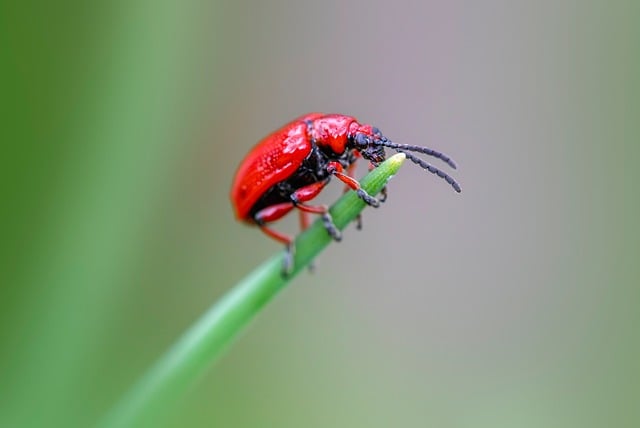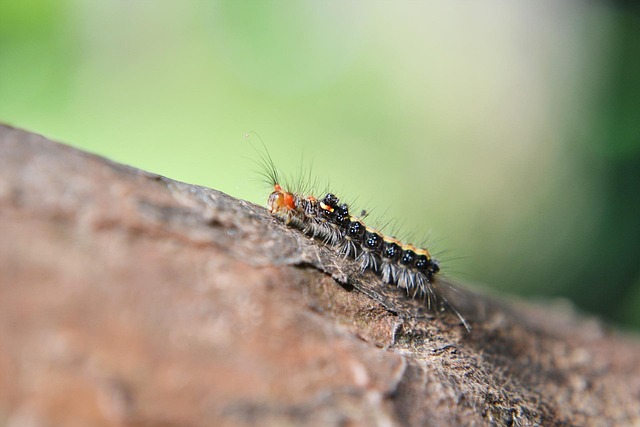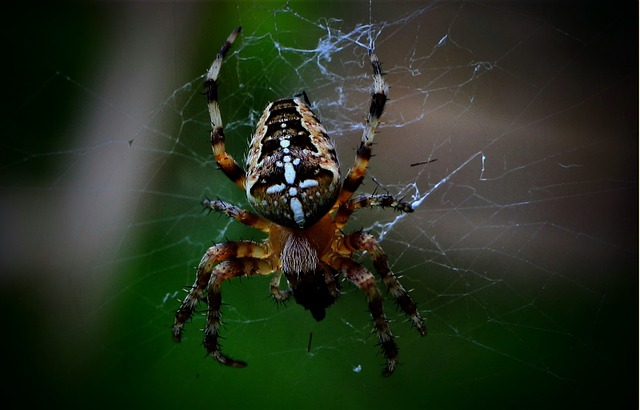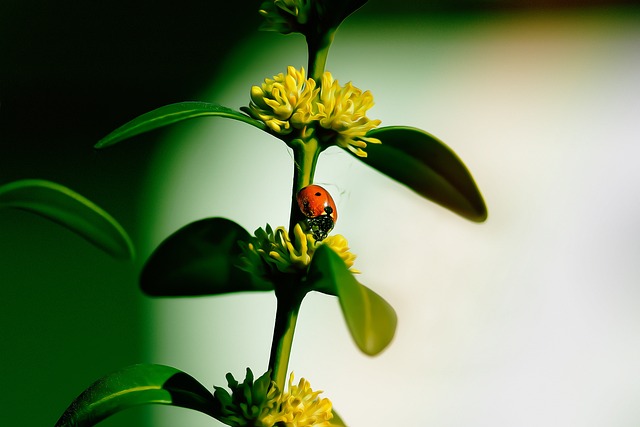Mosquitoes pose significant threats to vegetable gardens in Castle Rock, transmitting diseases and breeding rapidly. To achieve sustainable pest management, gardeners should employ a comprehensive strategy including eliminating standing water, introducing mosquito-repelling plants, harnessing natural predators, and considering targeted chemical treatments with organic pesticides. These methods aim to protect crops while minimizing environmental harm, fostering a healthier garden ecosystem. Effective mosquito reduction programs demand a multi-faceted approach combining physical barriers, chemical-free options, companion planting, and regular monitoring for early intervention.
“Mosquitoes pose a significant challenge for vegetable gardeners in Castle Rock, causing yield losses and introducing diseases. This article explores effective strategies for sustainable pest management tailored to organic gardeners. We delve into the science behind mosquitoes, their impact on crops, and practical tips for implementation. Discover how organic methods, combined with targeted mosquito reduction programs, can create a thriving garden ecosystem while minimizing environmental impact.”
- Understanding Mosquitoes and Their Impact on Vegetable Gardens
- Sustainable Pest Management Strategies for Organic Gardeners in Castle Rock
- Implementing Effective Mosquito Reduction Programs: Tips and Best Practices
Understanding Mosquitoes and Their Impact on Vegetable Gardens

Mosquitoes are more than just a nuisance; they can significantly impact vegetable gardens in Castle Rock, Washington. These tiny pests feed on plant juices and, in the process, transmit various diseases that can devastate crops. They lay their eggs in stagnant water, breeding rapidly and becoming a persistent problem for gardeners. Understanding mosquito behavior and life cycles is crucial when implementing sustainable pest management strategies for vegetable gardens.
In Sustainable pest management, controlling mosquitoes requires a multi-faceted approach. Removing standing water where they breed is essential, along with planting mosquito-repelling herbs and using natural predators like bats and fish. For chemical options, targeted treatments and organic pesticides can be used responsibly to minimize environmental impact while effectively reducing mosquito populations, ensuring a healthier vegetable garden ecosystem in Castle Rock.
Sustainable Pest Management Strategies for Organic Gardeners in Castle Rock

In Castle Rock, organic gardeners can effectively manage pests while preserving the ecological balance with sustainable pest control strategies. One key approach is to encourage natural predators like birds, bats, and beneficial insects that feed on mosquitoes and other garden pests. Installing birdhouses, bat boxes, and insect hotels provides habitats for these helpful creatures. Additionally, growing certain plants known for their mosquito-repelling properties can significantly reduce the population. Herbs such as citronella, lavender, basil, and marigolds have natural oils that act as barriers against mosquitoes.
Beyond habitat manipulation, organic gardeners should practice crop rotation to disrupt pest life cycles. This technique involves changing the placement of plants each season to prevent pests from building up a constant presence in any one area. Companion planting is another effective strategy where specific plants are grown together because they naturally deter pests that affect other crops. For instance, planting tomatoes with basil or marigolds can help ward off insects and diseases. By integrating these sustainable pest management techniques, Castle Rock organic gardeners can achieve healthy, bountiful vegetable gardens while minimizing the use of synthetic pesticides.
Implementing Effective Mosquito Reduction Programs: Tips and Best Practices

Implementing effective mosquito reduction programs in sustainable pest management for vegetable gardens in Castle Rock requires a multi-faceted approach. One key practice is eliminating standing water, as mosquitos breed in stagnant water sources. Regularly emptying flowerpots, buckets, and birdbaths, as well as fixing leaky hoses and irrigation systems, can significantly reduce mosquito habitats. Additionally, promoting natural predators like birds, bats, and certain insects can help control mosquito populations. Installing physical barriers such as screens and netting on windows and doors also provides protection from mosquitoes entering the garden.
For chemical-free options, using organic repellents and insecticides derived from plants like citronella, neem oil, and lavender can be effective. These natural solutions not only reduce mosquito presence but also pose less risk to beneficial insects and the environment. Incorporating companion planting with marigolds, basil, and lemongrass can also deter mosquitoes naturally. Regular monitoring and early intervention are crucial; identifying mosquito activity patterns and taking swift action to manage them will contribute to a more sustainable and successful garden ecosystem in Castle Rock.
Mosquitoes can significantly impact vegetable gardens, but implementing sustainable pest management strategies is key to a bountiful harvest. By combining organic methods, like plant essential oils and natural predators, with targeted mosquito reduction programs, Castle Rock gardeners can enjoy healthy produce without resorting to harmful chemicals. Adopting these practices not only benefits garden health but also contributes to the overall ecological balance of the community. Sustainable pest management for vegetable gardens in Castle Rock is both an effective and responsible approach to thriving, mosquito-free gardening.
